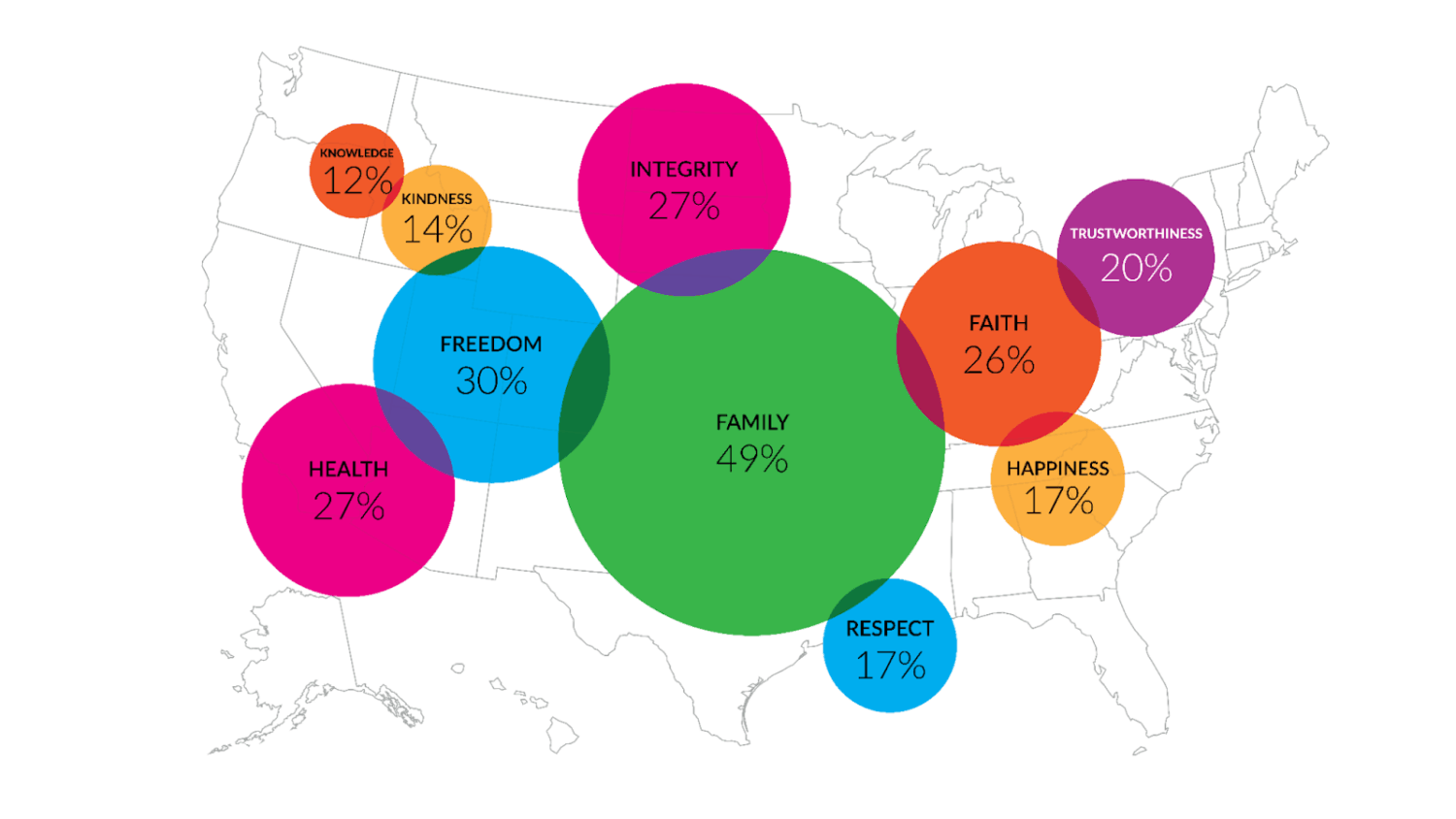Contact: Kathryn Gadkowski
Associate, The Initiative on Financial Security
The Aspen Institute
Tel. 212-895-8077?Kathryn.Gadkowski@aspeninstitute.org
info@aspeninstitute.org
Washington, DC, June 17, 2009 – The Aspen Institute Initiative on Financial Security (Aspen IFS) will release a report entitled “Child Accounts: The Appropriate Role for the Private Sector” at a discussion sponsored by Senator Blanche Lincoln (D-AR) on Capitol Hill today. The “Saving is for Everyone: Add the Kids” event will call for a powerful new savings initiative for every American child.
The Obama Administration has proposed policies to make work-based saving widely-available for adults. That goal dovetails with a long standing effort by policy advocates to expand the saving and investing system to include all Americans, beginning with children. To this end, this is the opportune moment to “Add the Kids” through a national policy of child savings accounts. Child accounts would give all children a financial spring board to launch them into adulthood and enhance their long-term financial security and economic opportunity.
The Initiative on Financial Security has conducted four years of research into how Child Accounts could best be structured to provide the approximately 4 million American children born each year with a savings account. The research concludes that, on balance, critical system delivery questions all favor a retail model in which the government creates and enforces a regulatory structure of accounts with consumer protections and the financial services industry performs all other functions. The report’s key findings are that, despite initial skepticism, industry experts have endorsed the concept of a retail model. Aspen IFS research illustrates that the significant scale of the program trumps the small balance problem. Child Accounts can be delivered economically because they are a product whose costs are fairly low and are fairly flat over time. In addition, costs should decline as the program matures and as competition for market share increases in the industry.
In addition, some 20% of Americans today, largely low- and moderate-income Americans, are “unbanked.” Child accounts delivered via a retail model can bring these American families directly into the financial mainstream. Child accounts will enable these Americans to become valued customers of a financial institution with the ability to connect them to other mainstream financial products and services.
The discussion will feature Senator Blanche Lincoln, who has made children’s needs a top priority, and David White, Chief Executive Officer of The Children’s Mutual, a leader in the children’s savings market in the United Kingdom. David White, a driving force behind the UK Child Trust Fund policy, will provide a first-hand account of its accomplishments and will help explore its relevance for the United States. Bill Bynum of the Enterprise Corporation of the Delta and Angela Duran of the Southern Good Faith Fund, both leaders in the fields of community development finance and child advocacy, will also be featured speakers. Lisa Mensah, Executive Director of the Initiative on Financial Security at the Aspen Institute, will serve as moderator.
To view the report or to learn more about Aspen IFS, please visit www.aspenifs.org or call 212-895-8070.
For additional information or questions about Aspen IFS’s work, please contact Kathryn Gadkowski at 212-895-8077 or Kathryn.gadkowski@aspeninstitute.org.
The Initiative on Financial Security at the Aspen Institute is a leading policy program focused on bold solutions to help all Americans at every stage of life to save, invest, and own.
The Aspen Institute mission is twofold: to foster values-based leadership, encouraging individuals to reflect on the ideals and ideas that define a good society, and to provide a neutral and balanced venue for discussing and acting on critical issues. The Aspen Institute does this primarily in four ways: seminars, young-leader fellowships around the globe, policy programs and public conferences and events. The Institute is based in Washington, DC, Aspen, Colorado, and on the Wye River on Maryland’s Eastern Shore and has an international network of partners.
###





